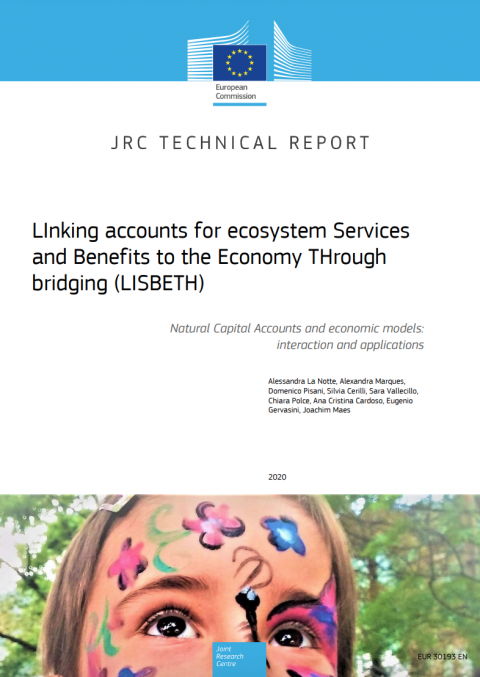Linking accounts for ecosystem services and benefits to the economy through bridging (LISBETH)

Document Summary:
Those making and implementing policies and actions on sustainable development need to acknowledge the bounds of the natural world and aim to achieve human well-being on a sustainable planet. This requires systems thinking: an understanding of the complex chain of cause–effect relationships. This new mindset requires operational metrics to enable policymakers to support holistic and sustainable planning. Natural capital accounts (NCAs) can provide such metrics because they use the same concepts, rules and framework as the System of National Accounts (SNA). The SNA describes the economic system and is the primary source of information for economic policies. Once the new NCA metrics are made available, it is necessary to specifically understand how to use them in decision-making processes. The acronym LISBETH stands for LInking accounts for ecosystem Services and Benefits to the Economy THrough bridging. LISBETH is a contribution to the Knowledge Innovation Project on an Integrated system for Natural Capital and ES Accounting (KIP INCA), set up by the European Commission and the European Environment Agency in 2016 to design and implement an integrated accounting system for ecosystems and their services in the EU. LISBETH is meant to facilitate the use of INCA accounts in traditional economic analytical tools (Figure I). Several uses of NCAs in decision-making are possible, e.g. they can be directly employed by policymakers and based on relatively easy tools, or they may need to be processed by specialised analysts and integrated into complex modelling tools.
Link to an External Document:
